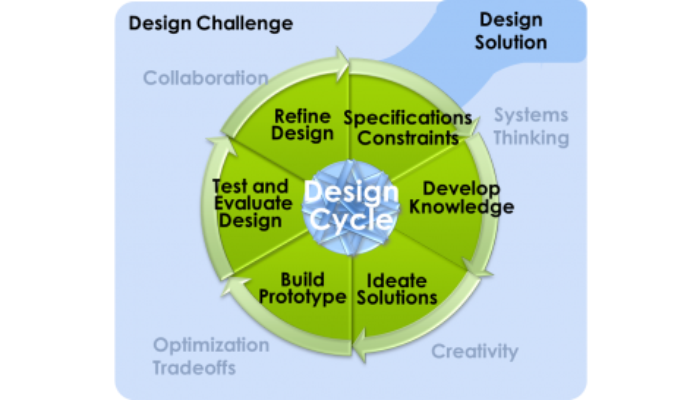Classroom Inc.
The Sports Network-2, learning game focused on reading ...

Educators often take advantage of educational technologies as they make the shifts in instruction, teacher roles, and learning experiences that next gen learning requires. Technology should not lead the design of learning, but when educators use it to personalize and enrich learning, it has the potential to accelerate mastery of critical content and skills by all students.
Mathematics studies can be especially problematic for struggling students who attend schools that lack the resources to assist and engage them. WISEngineering offers a freely accessible solution: a technology-based middle school math curriculum delivery, assessment, and feedback system. The system is robust enough to be successfully implemented on limited available computers. The hands-on assignments engage students as they create and construct solutions to virtual, open-ended engineering challenges that require application of targeted concepts in the Common Core State Standards. The system currently includes three curriculum units:
Sample Design Exercise
Seventh graders in a general math class at two low performing schools participated in the study. Pre-post assessments, program-based standardized test results, and teacher and student self-reports demonstrated that students improved their performance in the program’s targeted content areas. Students also reported that they were better able to not only work on relevant math problems, but also to work with classmates on design problems. They expressed an increased awareness of the value of engineering.
The project team developed the WISEngineering website and curriculum modules; trained teachers; conducted classes; and assessed student performance.
Partners:
Long term Goals: Significant improvement in content learning, engagement, and disposition toward mathematics and engineering for students, including traditionally underrepresented populations, with these objectives:
Student Comments
"I learned how a CC (community center) can benefit the community, what were specifications and constraints, but most importantly how to work in groups with people that were trying to make their building a true master."
"This activity made me feel like an engineer. This activity was challenging and I like challenges."
"It makes learning more fun and easier. It's easier to understand and is very interesting and a good experience."